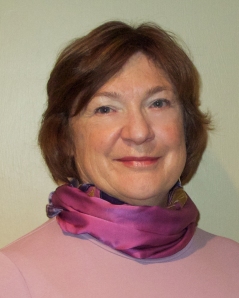Just a few days until the finalists for the Charles Taylor Prize for Literary Non-Fiction meet at the Harbourfront Centre for a round table discussion. Today, Carol Bishop-Gwyn tells us the story behind the story of Celia Franca.
Carol Bishop-Gwyn, author of The Pursuit of Perfection: A Life of Celia Franca:
We’ve reached an epoch in our history where we need to claim our cultural pioneers before it’s too late. Charles Taylor Prize winner Charles Foran did this with his biography of writer Mordecai Richler. As a dance historian, it only made sense to capture Celia Franca, founding artistic director of the National Ballet of Canada.
Celia Franca as a topic dropped into my lap—I felt it was meant to be. Journalist Frank Rasky was in the midst of writing her biography in the early 1990s but died before completing the project. His hundreds of hours of taped interviews, deposited in the dance archives Dance Collection Danse along with his often combative interviews with Franca herself proved invaluable to me. The fact that she donated a vast amount of material including some very revealing items in notebooks, diaries and letters to Canada’s national repository of history, Library and Archives Canada, also lead me to believe that she wanted to be remembered, albeit as she, herself, would have wished to be presented.
There were times during the writing of the book when I wondered if Celia was out there stirring things up. Sitting with friends one day, a bird I’d never seen before landed close by in a bush. I was told it was a cowbird, which lays its eggs in other bird’s nests. Recently someone had compared Celia Franca to a cowbird. Was that bird watching me?
All five finalists for the Charles Taylor Prize for Literary Non-Fiction will participate in a panel discussion at Authors at Harbourfront Centre on Wednesday, February 27.











